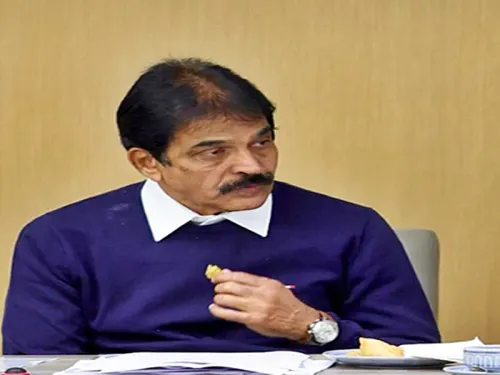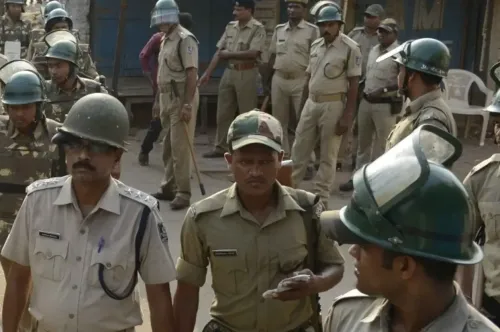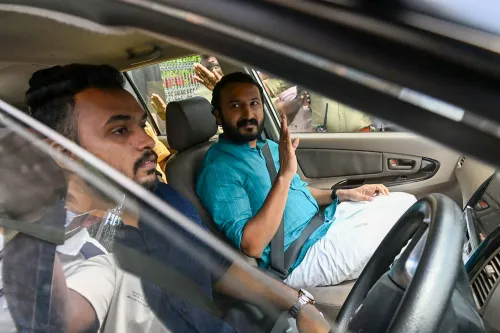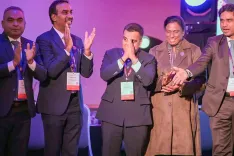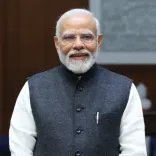Has IAS Officer Pradeep Dahiya Taken Charge as Gurugram's Municipal Commissioner?
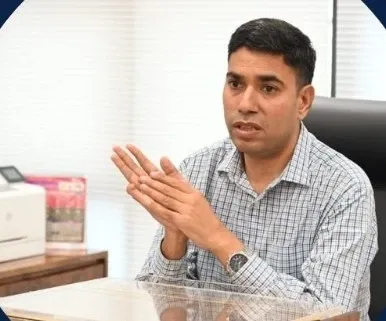
Synopsis
Key Takeaways
- Pradeep Dahiya has taken over as Municipal Commissioner of Gurugram.
- Improving the cleanliness system is a top priority.
- Efforts will focus on effective garbage collection and addressing legacy waste.
- Collaboration with GMDA is essential for urban management.
- Preparation for the monsoon season is critical for effective drainage.
Gurugram, May 7 (NationPress) Senior IAS officer Pradeep Dahiya has officially assumed the role of Commissioner for the Municipal Corporation of Gurugram (MCG) as of Wednesday.
Previously, Dahiya held the position of Deputy Commissioner in Jhajjar. His experience also includes serving as Additional Deputy Commissioner (ADC) and RTA Secretary in Gurugram.
In his inaugural meeting with MCG and Gurugram Metropolitan Development Authority (GMDA) officials, Dahiya outlined his key objectives: enhancing the cleanliness system in Gurugram, ensuring efficient door-to-door garbage collection, and addressing legacy waste issues while preparing for adequate drainage during the monsoon season.
"Addressing public concerns must be the corporation's top priority, and collaboration among officers is vital," Dahiya emphasized. He instructed officials to optimize the city's door-to-door garbage collection, expedite the disposal of legacy waste, and strengthen the overall cleaning operations.
He urged prompt action in cleaning drains, identifying flood-prone areas, and implementing necessary measures ahead of the monsoon. GMDA officials briefed him about the master drainage system and waterlogging hotspots, detailing ongoing initiatives.
According to the officials, Gurugram features three primary master drains—Leg-1, 2, and 3—that converge into the Najafgarh drain. They also noted that structures like check dams and creeks have been constructed to manage and conserve water in the Aravali region. Regarding the Narsinghpur point, they informed him that water is redirected to the Badshahpur drain during heavy rains.
The municipal commissioner urged all officials to maximize their efforts and ensure that drainage systems are adequately prepared for the upcoming monsoon, while also completing necessary cleaning and maintaining sufficient manpower and machinery.

